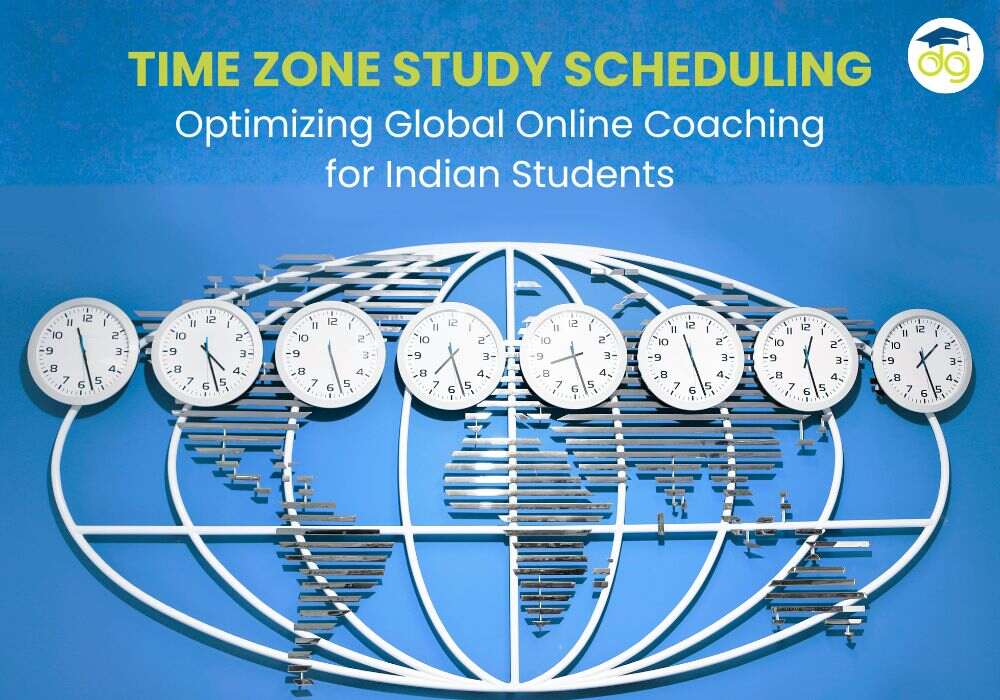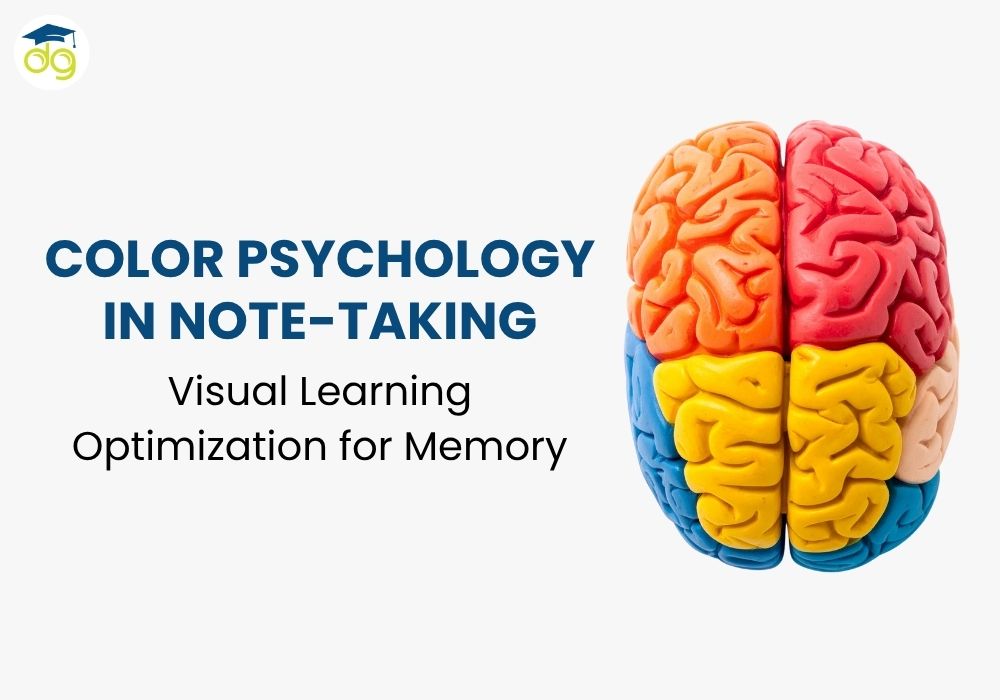How to Build a Career in Data Science Without Learning to Code
Explore top tools, skills, and jobs in data science—no coding required
Data science is one of the rapidly growing domains. To enter the field, one does not need to know coding. This blog describes how to take a journey towards a non-coding data science career.
There are many platforms via which you can build a useful career with all the tools and attested skills. Additionally, non-coding roles, core skills, and various sources will be discussed. Data professionals are still increasing in number—there's a place for everyone in the industry.
So, how can one pursue data science without learning coding? With proper guidance, this journey would be straightforward, and they would excel.
Understanding Data Science and Analytics
Data science is basically the application of analytical models to transforming data so that actionable insights can be created. It also includes a wide variety of fields which comprise machine learning, analytics, and visualisation. They have become the crux of business decision-making processes.
Indeed, coding is required in certain areas of data science; however, it is not always needed. There are non-coding roles where data is interpreted—business analysis, visualising insights, and others. These are highly valued skills in the industry.
A good knowledge of data visualisation tools, coupled with a very basic understanding of analytics, will set you on course for success. You can start the road with no coding and focus on these two areas.
The Path to a Non-Coding Data Science Career
A career in data science without coding is possible. Focus on learning tools for data analysis, visualisation, and business intelligence. These tools allow you to perform key data science tasks.
You can start by mastering Microsoft Excel, Tableau, or Power BI. These tools are central in many non-coding roles. Data analysis, reporting, and visualisation can all be done effectively with them.
In addition, data science roles like business analysts or market researchers don’t require programming skills. Your ability to understand and interpret data will make you an asset in these fields.
1. Learn Data Analytics and Business Intelligence Tools
The entry point to a profession in data science is with data analytics tools. The platforms like Excel, Power BI, and Tableau allow you to work with data while not requiring any programming background. Such tools provide an easy learning curve and furnish essential utilities for analysis, reporting, and visualisation. They are capable of producing some very special charts, graphs and reports. Many companies need the skills present here.
Excel is wonderful for smaller datasets, while larger datasets can be handled by Power BI and Tableau. These tools also beautify data visualisation, an incredibly important skill.
2. Take Online Data Science Courses (No Coding Required)
Online courses focused on non-coding aspects of data science are ideal. Many platforms offer comprehensive courses in data analysis, visualisation, and business intelligence without requiring programming knowledge.
Courses such as Google’s Data Analytics certificate or IBM’s Data Science program focus on analytical skills. These programs help you develop the ability to analyse data and make business decisions, all without coding.
These courses are often free or affordable. They also provide certifications that enhance your credibility in the job market. Investing in these courses is an excellent way to get started in data science.
3. Focus on Data Visualisation
Visualisation of data is the very need of the hour for all non-coding data roles. With the help of tools like Tableau, Power BI, and Google Data Studio, one can exhibit data in easy formats, thus allowing users to consume it through dashboards or reports.
One need not be a coder to create attractive visualisations. These tools can help create histograms, charts, and dashboards in easy formats for the decision-makers based on data insights.
If you will learn these tools, then you will be among the most important ones in any data-related organisation. Data visualisation is among the most important expert skills expected from non-coder personnel in the data science domain.
4. Develop Strong Analytical and Business Skills
Analysing and understanding the business needs are two critical requirements for those who are outside the coding space, especially in the data science field. Analytical thinking infers the capacity to translate and identify trends, patterns, and insight as seen from data, while business knowledge allows the person to state what the findings translate to in practical terms.
A further plus is understanding exactly how businesses work and how doing this kind of process could inform the decisions made regarding them. Analysts of data, analysts of business, and market researchers will make these skills attain an individual employee.
Put efforts into acquiring problem-solving techniques, business strategy grasp, as well as analytical understanding. These competencies are relevant for succeeding in a non-coding data science career.
5. Build a Portfolio
Building a portfolio is crucial for showcasing your skills. As a non-coder, you can demonstrate your ability to analyse data, create visualisations, and provide insights. A portfolio with real-world examples will impress potential employers.
Your portfolio can include projects that demonstrate your ability to handle data using tools like Excel, Tableau, or Power BI. Make sure to highlight your ability to transform raw data into valuable insights.
Having a portfolio makes you stand out in the competitive data science field. It shows employers that you can deliver results, even without writing code.
Career Opportunities in Data Science Without Coding
Several roles in data science don’t require coding, such as data analysts, business analysts, market researchers, and product analysts. These roles require strong analytical, business, and visualisation skills, all of which can be developed without coding.
Data analysts and business analysts, for example, focus on collecting, interpreting, and presenting data to help make business decisions. Similarly, product analysts focus on product data to guide development strategies.
Other roles include data project managers, education data specialists, and operations analysts. These positions allow you to work closely with data without writing code.
What Skills Do You Need for a Non-Coding Data Science Role?
In non-coding data science roles, there are a few key skills you need. Analytical thinking helps you understand the data, while business intelligence allows you to make decisions based on the data.
Other skills include problem-solving, data visualisation, and communication. It’s also important to be familiar with tools like Tableau, Power BI, and Excel. Being able to present data insights to stakeholders is a key part of the role.
You should focus on developing a combination of these skills to succeed in a non-coding data science career.
Getting Started in Data Science Without Coding
Getting started in data science is simple. First, take a course in data analysis or business intelligence. Platforms like Coursera, edX, and Udemy offer many courses without requiring coding knowledge.
Next, focus on learning tools like Excel, Tableau, and Power BI. These are the key tools that will allow you to analyse data, create visualisations, and make data-driven decisions without coding.
Lastly, build a portfolio by working with real-world data. Practising your skills and showcasing them will help you land a job in the data science field.
Sample Learning Path for a Non-Coding Data Science Career
Step | Focus Area | Tools/Resources | Duration |
| 1 | Data Science Basics | Google Data Analytics (Coursera) | 1–2 Months |
| 2 | Excel Mastery | Microsoft Excel Online Tutorials | 2–4 Weeks |
| 3 | Data Visualisation | Tableau, Power BI (Free versions) | 1–2 Months |
| 4 | Business Analysis Skills | edX, FutureLearn, Udemy | 1–2 Months |
| 5 | Build Portfolio | Kaggle Datasets, Google Data Studio | Ongoing |
| 6 | Certification | IBM, Microsoft, or Google Certifications | 2–4 Months |
| 7 | Job Applications | LinkedIn, Indeed | As Needed |
Conclusion
Coding is not an essential requirement for a successful data science career. Data analysis, data visualisation, and business intelligence would be key areas for taking you to the destination and making you succeed. The reason why the need for data professionals is keeping on getting increasing is due than just enough opportunities for non-programmers.
If you want to start, you should check out the online courses and tools in these areas. Learn data science and become a part of the adiposity without knowing how to code.
Explore more resources, courses, and guidance on beginning your venture into data science at www.skoodosbridge.com.
Frequently Asked Questions
1. Is it possible to become a data scientist without coding?
Indeed, there are several data science roles that don't involve any coding. Focus on consultancy, visualisation, and business intelligence.
2. What would be some popular tools in data science for non-coders?
Microsoft Excel, Power BI, Tableau and Google Data Studio are really a few of the most important tools when it comes to non-coding roles in data science.
3. Which online courses should I take for learning data science without coding?
However, courses like Google Data Analytics certification or even IBM's Data Science without Coding are perfect for non-coders.
4. Are there jobs offered to non-coders in data science?
Definitely, opportunities abound including those as data analyst, business analyst, and market research analyst, which do not require any coding ability.
5. How can I make a portfolio for data science that doesn't involve coding?
Build projects using tools like Excel, Tableau, Power BI, and invite the outside world to view and measure your skills in Analysis and visualisation.
Categories
Archives
Similar Posts

Gamification Psychology: Transforming Exam Preparation into Play
by Skoodos Bridge

Parent Communication Strategies for Managing Exam Family Pressure
by Skoodos Bridge

Time Zone Study Scheduling for Indian Students in Global Coaching
by Skoodos Bridge

Budget Breakdown: Cost Analysis of Top JEE Coaching Institutes 2025
by Skoodos Bridge

Color Psychology in Note-Taking for Better Memory and Learning
by Skoodos Bridge

Mirror Neurons and Group Study: The Psychology Behind Collaborative Learning
by Skoodos Bridge

Music Therapy for Concentration: Playlists to Boost Focus While Studying
by Skoodos Bridge

Dopamine Hacking for Study Motivation: Neuroscience-Based Exam Prep
by Skoodos Bridge

Electric Vehicle Jobs: Top Mechanical Engineering Careers in EV Sector
by Skoodos Bridge


Leave a Comment